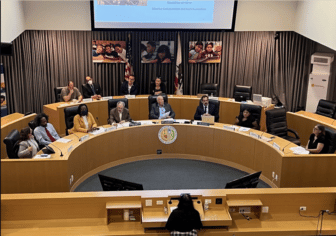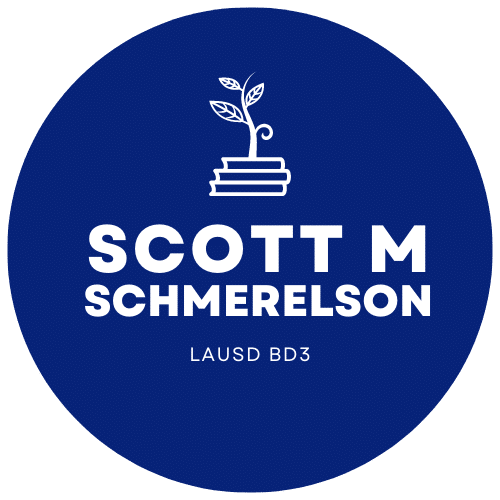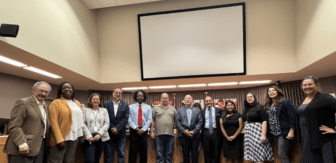The Board’s Special Education Committee, met on Wednesday, September 7 at 5 pm. (Agenda)
Since it was the first meeting of the school year, we started with quick introductions so that our audience could meet our members. This year, members come from many different backgrounds: parents, community members, a student representative, representatives from our teachers and administrators unions (UTLA and AALA), professors. Every board district is represented.
For our first presentation, Ms. Massaria, Ms. Henderson and Ms. Hernandez provided an overview of the LAUSD Compensatory Education Plan. Although we did not have a discussion on this item, committee members provided comments and feedback to the team. We also learned that approximately 700 local district and central office special education administrators and designees attended and learned about the plan.
Dr. Luna, Senior Director and Ms. Haase, Administrator at the Division of Special Education provided a Back to School Update for our second presentation. We learned that some schools who previously delivered only resource services are receiving training on increasing inclusive practices so that every student can be well served at the school. The District is also providing parent and teacher trainings on how to foster inclusion as well as other topics such as IEP, understanding related services and multi-tiered systems of support for students with IEPs.
Since Dyslexia is important to me, I was glad to learn that this year, every resource specialist teacher as well as a general education counterpart will be trained on delivering structured literacy.
 Lastly, for our last presentation, Dr. Rhinehart, an Assistant Researcher at the Center for Dyslexia, Diverse Learners, and Social Justice at UCLA shared her latest study on students designated as LTELs (Long Term English Learners) and how a significant number of these students are also in special education.
Lastly, for our last presentation, Dr. Rhinehart, an Assistant Researcher at the Center for Dyslexia, Diverse Learners, and Social Justice at UCLA shared her latest study on students designated as LTELs (Long Term English Learners) and how a significant number of these students are also in special education.
According to research, English Learners who are reclassified as English proficient often have the same, or even better, academic outcomes. These advantages are likely related to the substantial benefits associated with bilingualism.
We learned that 14% of English Learners students are eligible for special education services due to a disability. The study aims to shift the focus to these students’ strengths. In doing so, we acknowledge the limitations of the LTEL label.
You can find the recordings of the meeting: English and Spanish
The committee will reconvene on November 2, 2022 at 5 p.m. For the public and my fellow Board Members, if there are any topics you would like the committee to address, please add your suggestions here

